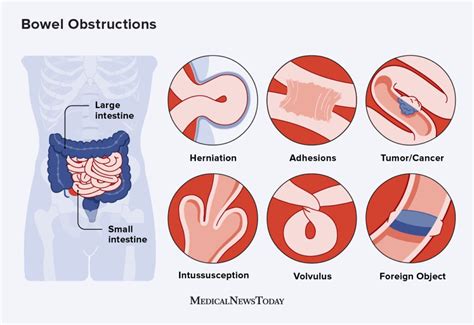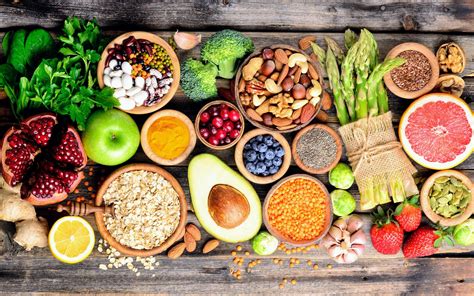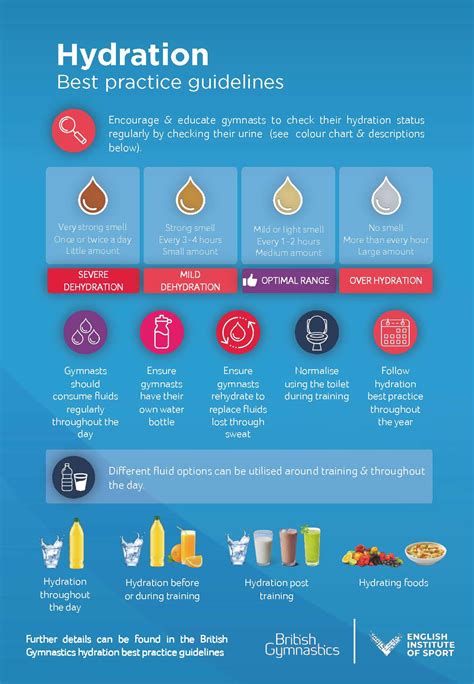Intro
Relieve bowel obstruction symptoms with 5 self-care tips, including diet changes, hydration, and pain management, to improve digestive health and prevent intestinal blockage complications, promoting natural bowel movement and overall well-being.
Bowel obstruction is a serious medical condition that occurs when the small or large intestine is partially or completely blocked, preventing normal flow of food, fluids, and gas. This condition can be caused by various factors, including hernias, adhesions, tumors, and certain medications. If left untreated, bowel obstruction can lead to severe complications, such as tissue death, infection, and even death. While medical attention is essential for treating bowel obstruction, there are several self-care measures that can help manage symptoms and prevent further complications.
The importance of self-care in managing bowel obstruction cannot be overstated. By taking proactive steps to manage symptoms and prevent further complications, individuals can reduce their risk of developing severe complications and improve their overall quality of life. Moreover, self-care measures can help individuals with bowel obstruction to cope with the physical and emotional challenges associated with this condition. In this article, we will discuss five tips for bowel obstruction self-care, including dietary changes, hydration, pain management, and stress reduction.
Bowel obstruction is a complex condition that requires a comprehensive treatment approach. While medical treatment is essential for resolving the underlying cause of the obstruction, self-care measures can play a crucial role in managing symptoms and preventing further complications. By combining medical treatment with self-care measures, individuals with bowel obstruction can improve their overall health outcomes and reduce their risk of developing severe complications. In the following sections, we will discuss the five tips for bowel obstruction self-care in more detail, including the benefits and limitations of each approach.
Understanding Bowel Obstruction

Causes and Symptoms of Bowel Obstruction
Bowel obstruction can be caused by various factors, including: * Hernias: A hernia occurs when an organ or tissue bulges through a weakened area in the muscle or connective tissue. * Adhesions: Adhesions are bands of fibrous tissue that can form between organs or between an organ and the abdominal wall. * Tumors: Tumors can cause bowel obstruction by blocking the flow of food, fluids, and gas through the intestine. * Certain medications: Certain medications, such as narcotics and anticholinergics, can slow down bowel movements and cause constipation. Symptoms of bowel obstruction may include: * Abdominal pain * Nausea and vomiting * Constipation * Abdominal distension * FeverDietary Changes for Bowel Obstruction

Benefits of Dietary Changes
Dietary changes can help manage bowel obstruction symptoms in several ways: * Reducing the risk of bowel obstruction: A low-fiber diet can help reduce the risk of bowel obstruction by reducing the amount of fiber that enters the intestine. * Preventing constipation: A high-fiber diet can help prevent constipation by increasing the amount of fiber that enters the intestine. * Reducing symptoms: Dietary changes can help reduce symptoms of bowel obstruction, such as abdominal pain, nausea, and vomiting.Hydration for Bowel Obstruction

Benefits of Hydration
Hydration can help manage bowel obstruction symptoms in several ways: * Preventing dehydration: Drinking plenty of fluids can help prevent dehydration, which can exacerbate symptoms of bowel obstruction. * Replacing lost electrolytes: Fluids that are rich in electrolytes can help replace lost electrolytes and prevent dehydration. * Softening stool: Drinking plenty of fluids can help soften stool and make it easier to pass.Pain Management for Bowel Obstruction

Benefits of Pain Management
Pain management can help manage bowel obstruction symptoms in several ways: * Reducing abdominal pain: Over-the-counter pain medications and prescription pain medications can help reduce abdominal pain and discomfort. * Improving quality of life: Effective pain management can improve quality of life and reduce the risk of complications.Stress Reduction for Bowel Obstruction

Benefits of Stress Reduction
Stress reduction can help manage bowel obstruction symptoms in several ways: * Reducing abdominal pain: Stress reduction techniques can help reduce abdominal pain and discomfort. * Improving quality of life: Effective stress reduction can improve quality of life and reduce the risk of complications.What are the symptoms of bowel obstruction?
+Symptoms of bowel obstruction may include abdominal pain, nausea, vomiting, constipation, and abdominal distension.
How can dietary changes help manage bowel obstruction symptoms?
+Dietary changes can help manage bowel obstruction symptoms by reducing the risk of bowel obstruction, preventing constipation, and reducing symptoms.
What are the benefits of hydration for bowel obstruction?
+Hydration can help manage bowel obstruction symptoms by preventing dehydration, replacing lost electrolytes, and softening stool.
How can pain management help manage bowel obstruction symptoms?
+Pain management can help manage bowel obstruction symptoms by reducing abdominal pain and discomfort, and improving quality of life.
What are the benefits of stress reduction for bowel obstruction?
+Stress reduction can help manage bowel obstruction symptoms by reducing abdominal pain, improving quality of life, and reducing the risk of complications.
In conclusion, bowel obstruction is a serious medical condition that requires prompt attention. Self-care measures, such as dietary changes, hydration, pain management, and stress reduction, can play a crucial role in managing symptoms and preventing further complications. By combining medical treatment with self-care measures, individuals with bowel obstruction can improve their overall health outcomes and reduce their risk of developing severe complications. We encourage readers to share their experiences with bowel obstruction self-care and to ask questions about the topic. Additionally, we invite readers to explore other resources on bowel obstruction and self-care to learn more about managing this condition. By working together, we can improve our understanding of bowel obstruction and develop effective strategies for managing its symptoms.
